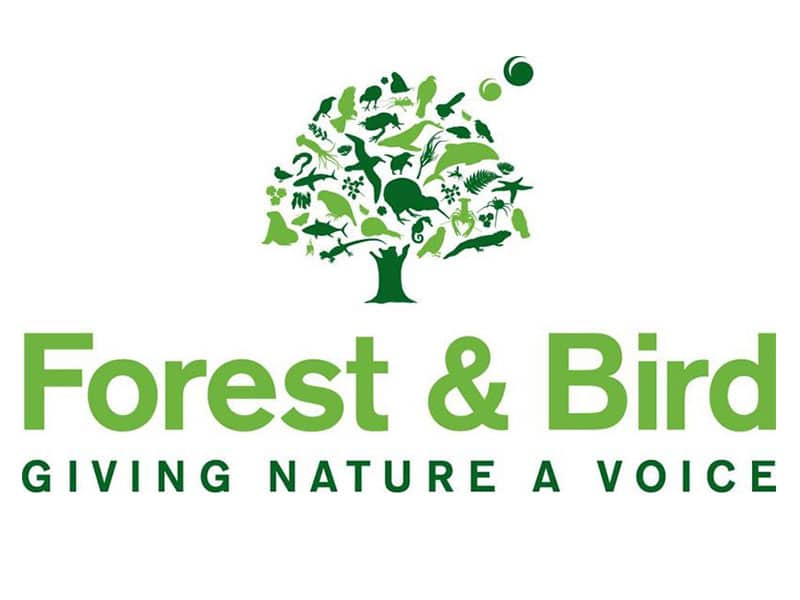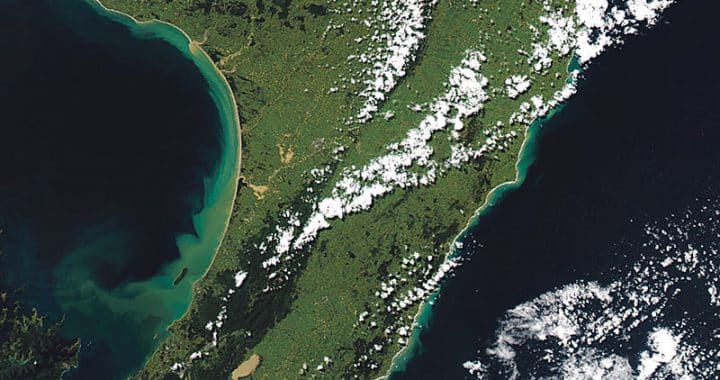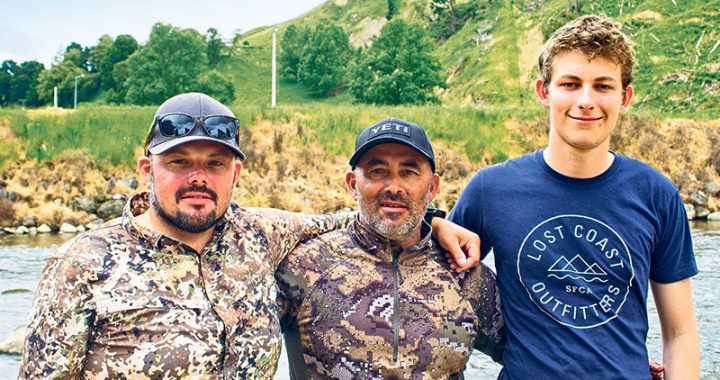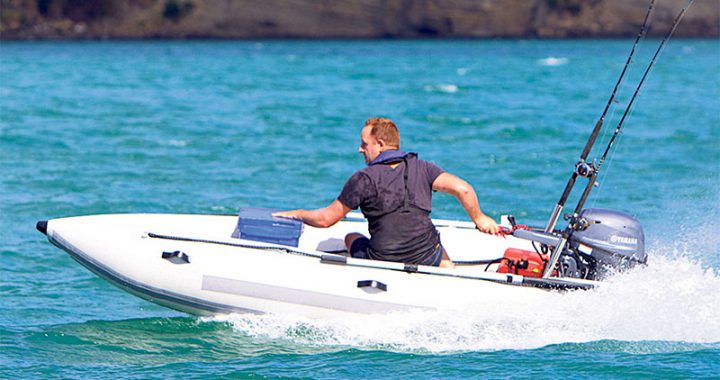High Court victory for tarakihi recovery
2 min read
In a decision released yesterday, 14 June 2021, the High Court confirmed fishing decision must put sustainability before the commercial interests of the fishing industry, said Forest & Bird chief executive Kevin Hague.
The High Court decision confirmed that in 2019, the minister of fisheries set the tarakihi commercial catch limit inappropriately by factoring a voluntary industry fishing plan into the decision while ignoring his ministry’s own policies.
“This is a victory for everyone who wants to bring back healthy ecosystems and end inappropriate decision-making that favours commercial fishing industry interests at the expense of nature,” said Hague.
“People talk about how much more fish there used to be in the sea around New Zealand. The over-exploitation of the tarakihi fishery is an example of what needs to change to bring back nature.”
Read more: Forest & Bird: industry admits to breaking promises made in tarakihi deal
Hague added that the Government must use “a scientific, legal approach to managing fish stocks rather than relying on voluntary plans and uncertain outcomes offered by the industry.”
“It’s a disgrace the tarakihi stock of the entire eastern coast of the country has been fished down to just 15% of their natural population.
“The Industry Rebuild Plan shouldn’t have been allowed to replace an appropriate catch limit. There is no way to determine what impact the industry plan will have, because the plan is voluntary. Fisheries NZ’s own advice was they weren’t sure whether the Industry Rebuild Plan would deliver an accelerated rate of rebuild,” Hague said.
“The Fisheries Act is far from perfect, and it needs a significant overhaul to bring fisheries management into the 21st century, but even under the current system, fish stocks should be managed sustainably.
“The High Court decision supports Forest & Bird’s position and upholds the importance of the environment and ocean ecosystems.”



